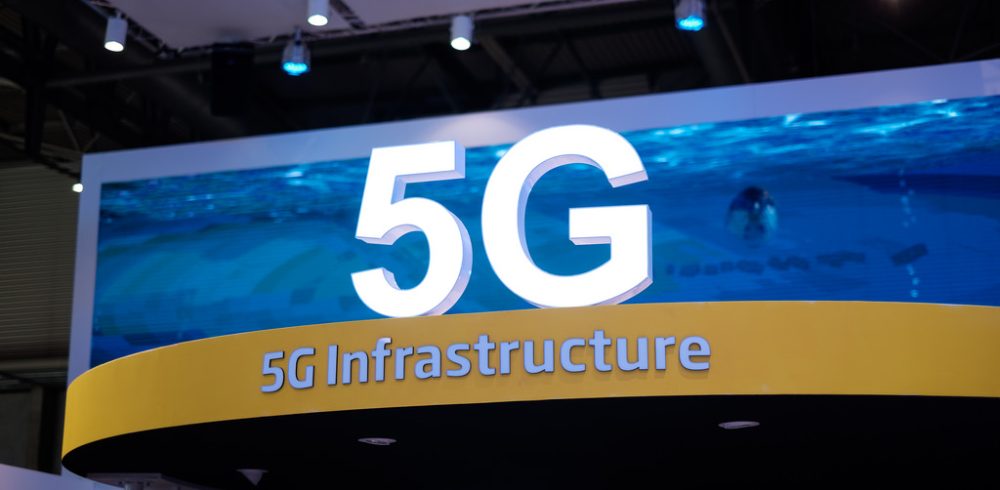Bournemouth residents, businesses and manufacturers could see one of the UKâs earliest 5G networks by 2020, as the town has been the test bed for a mapping tool developed alongside Ordnance Survey. The fifth generation mobile network promises speeds as much as 100 times faster than 4G, although it is subject to several limitations.
At the moment, its signal is blocked by trees, buildings and even the weather; therefore large quantities of âcellsâ will be required for transmission, as well as a new gigabit fibre optics to improve internet speed indoors.
This is a massive step change in terms of connectivity. It is not just about mobile speeds but about machine to machine connections, connecting things to the internet. It is an opportunity to unlock a huge amount in terms of economic benefits and productivity, said Ruth Spencer, Bournemouthâs council digital economy manager.
The technologies expected to benefit from the upgrade include augmented reality and robotics, both in manufacturing and for medical uses. The council will be able to monitor the town using a network of sensors, potentially reducing the need for officer visits and increasing efficiency.
We are waiting for devices to evolve to be able to take that data. In the meantime, the Government is setting up test beds to trail 5G. With the mapping work we have done we are in a good position, added Ruth.
In addition, the council is also planning on investigating the possibility of driverless transport in the Lansdowne area, a technology which 5G is expected to expand. However, such developments are still at an early stage.
If the 5G technology proves successful, then Bournemouth will attract plenty of digital businesses that will boost the sectorâs growth in the town. We would hope to attract many more tech companies to the area. And this will give them an advantage and an opportunity to experiment, concluded Ruth.















